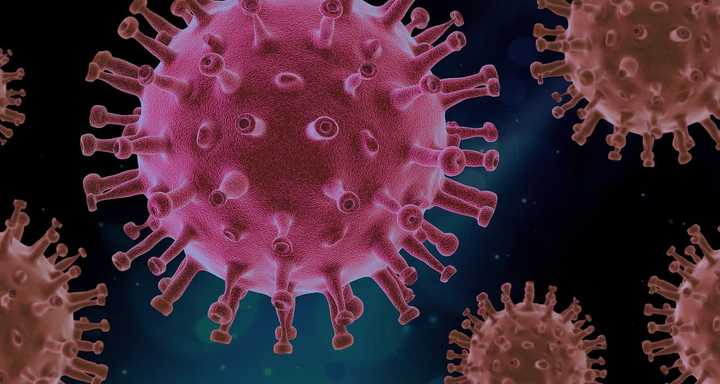Data from the Centers for Disease Control and Prevention (CDC) shows that in a two-week period ending Saturday, Sept. 28, the strain made up 58.7 percent of cases nationally, with the KP.2.3 variant second at 9.4 percent.
Both KP.3 and KP.2 are offshoots of the highly contagious Omicron variant and are members of a newly identified group of variants known as “FLiRT.”
Neither is causing more serious symptoms than other COVID strains, according to experts.
New COVID booster vaccines that became available at the start of September have been updated with a formula to more closely target currently circulating variants, including the KP subvariants.
KP.3 became the No.1 strain because of its high transmission level, and it is “very good at jumping from one person to another,” Dr. C. Leilani Valdes, a pathologist and medical director at Regional Pathology Associates in Texas, told Health.
Symptoms of the KP strains are similar to those of the parent Omicron strain, including:
- Runny nose,
- Headache,
- Fatigue (both mild or severe),
- Sneezing,
- Sore throat.
Muscle aches, fever or chills, nausea or vomiting have also been reported.
The JN strain, also an Omicron subvariant, had dominated nationally before the "FLiRT" strains emerged, and JN now accounts for between 2 and 3 percent of US cases.
Check back to Daily Voice for updates.
Click here to follow Daily Voice Carmel and receive free news updates.
